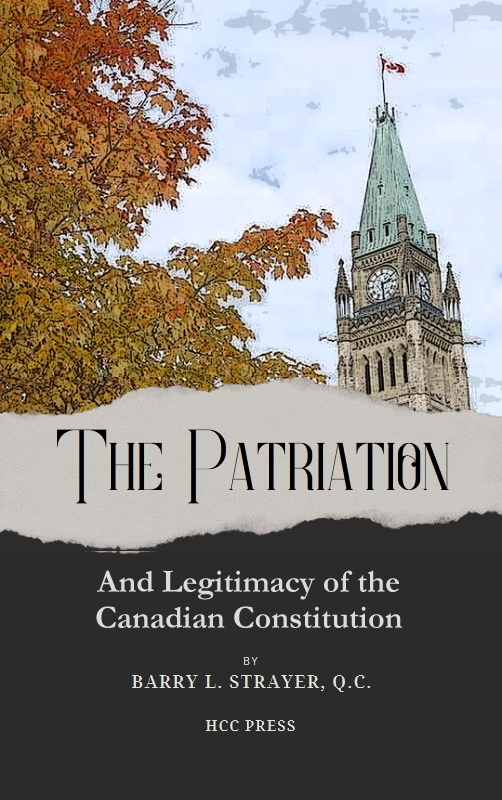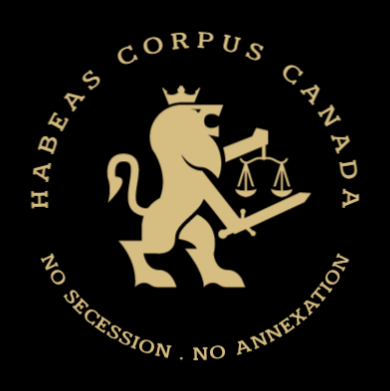Provincial Legislatures
During the great debate on the patriation process, and during the litigation, much was heard of the sovereignty of provincial legislatures. It was argued in the courts, for example, that no amendments should be made to the constitution which would affect the powers of legislatures without their express approval. This was said to be an inherent right of a sovereign legislature.
Yet, on that fateful day of November 5, 1981, an agreement was signed by the Prime Minister and nine Premiers with respect to a series of amendments to the constitution, some of which would attenuate provincial legislative powers. This agreement was signed in the full expectation that the text of the changes would be debated in both houses of Parliament and would have to be approved by each House. Indeed, Parliament insisted on some changes to the agreement before it would ratify the text. On the other hand, only one Premier made the consent of his province in any way conditional on the approval of his legislature. In the case of Manitoba, where a provincial election campaign was then under way, Premier Lyon made his approval of the minority language education rights subject to the approval of the Manitoba legislature. This condition, incidentally, was later withdrawn by the new Premier after the election. As far as I can determine, of the nine provincial governments signing this agreement, only one –Alberta — actually submitted it to the legislature for approval 15. I should add that Premier Blakeney apparently also tried to do so but had procedural difficulties and abandoned the effort.16
In Quebec, of course, the government submitted its position in opposition to the agreement to its National Assembly, and the Assembly endorsed Mr. Levesque’s veto.17
As I suggested in my first lecture, this bypassing of legislatures is fairly typical of past practice with respect to constitutional amendments. Although it was established since early times that the two Houses of Parliament must approve such amendments, in most cases provincial approval was given only by provincial governments or, more commonly, by provincial Premiers. We were assured by many provincial spokesmen during the debate on the Charter of Rights that legislative supremacy was the hallmark of our form of democracy. Should one deduce that government is less democratic at the provincial level? Far be it for me to
15. Alberta Hansard, Nov. 10, 1981, at 1569-81.
16. Saskatchewan Debates of the Legislative Assembly, Dec. 9, 1981 at 387-403; March 15, 1982 at 499-50.
17. Québec, Journal des Débats, Dec. 1, 1981 at 605-06.

